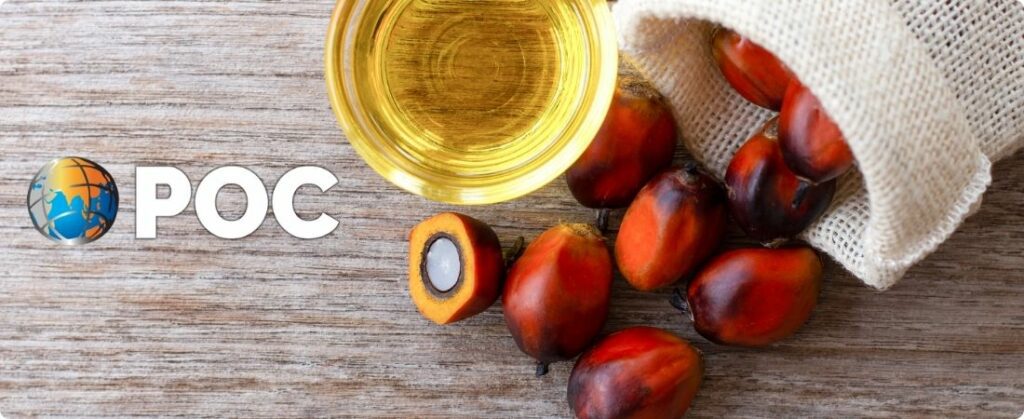
The industry of Palm oil, a vital component in the production of a wide range of consumer products and biofuels, faces ongoing challenges and opportunities that shape its future. A Palm & Lauric Oils Price Outlook Conference & Exhibition (POC) emerges as the premier global event where industry leaders, experts and stakeholders come together to discuss essential topics, ranging from market trends and technological innovations to sustainability strategies. Our experts, Tiago Vicente and Thiago Prianti, traveled to Kuala Lumpur, Malaysia, to participate in the most significant palm oil conference in the world and bring the main topics debated throughout the days of the event.
In 2023, conversations about the El Niño phenomenon began, and the market already predicted that 2024 would be no different. Therefore, they discussed the global production of vegetable oils at the POC.
The estimate of leading experts indicates a very small increase in global production in the period from October 23, 2023 to September 24 this year, compared to the same period the previous year. This increase is mainly driven by growth in canola and sunflower crops, which were not negatively impacted by El Niño. Looking at palm oil, experts predict stable production in Indonesia, a decline in Malaysia and Thailand, and a small increase in African and Latin American production.
Demand for biodiesel drives palm consumption
On the other hand, they see an increase in global consumption, mainly due to the demand for biodiesel in Indonesia and Malaysia, which will result in a reduction in global palm stocks and fewer exports. When analyzing the global supply and demand for vegetable oils and the stock situation, they believe in an increase in demand greater than the global supply and a reduction in stocks, with March, April and May being the worst months. After this period, we should make slight adjustments, unless surprises arise from weather conditions, biofuel policies and macroeconomic situations.
Exclusively in the biofuels market, there have been many positive comments regarding the current B35 and the readiness of Indonesian industries for B40. If the government goes ahead with this increase, there will be a significant reduction in palm oil exports.
The average expectation from leading analysts is for palm futures to fluctuate between RM3800 and RM4200 during the first half of the year.
Challenges and opportunities in palm oil production
A widely discussed topic was the reduction in palm productivity, a movement observed for years. The lack of technology implemented in the industry compared to other oilseed industries was also discussed. There are significant challenges, as palm is a highly manual crop, with management practices that differ from others. In recent years, palm oil has been losing growth momentum, although it continues to be the main oilseed that meets global demand. However, its competitive position has been deteriorating, and technological factors and innovations will be crucial for the future. It is essential that everyone rethink how they produce and transform these challenges into opportunities. Palm remains the most versatile and sustainable oilseed, when analyzing production per hectare.
Regarding sustainability, the EUDR stands out, the European regulation on deforestation-free products. Its deadline for compliance is the end of 2024, as it will come into force on December 30th of this year. The EUDR aims to combat deforestation and promote sustainable practices in supply chains. Operators and traders must carry out a detailed assessment of production processes to identify possible risks associated with deforestation or forest degradation at any stage, from obtaining raw materials to final delivery. This mapping is essential for companies to demonstrate compliance with the new standards.
If problems are identified, mitigation plans must be implemented. Non-compliance can result in penalties of up to 4% of the violating company's annual revenue. Therefore, global buyers are putting pressure on their suppliers on this issue. Analyzing the global chain, the volume that can meet these policies is still very small, which could generate changes in global trade flows.
To follow our fairs and events itineraries, follow us on Instagram.













